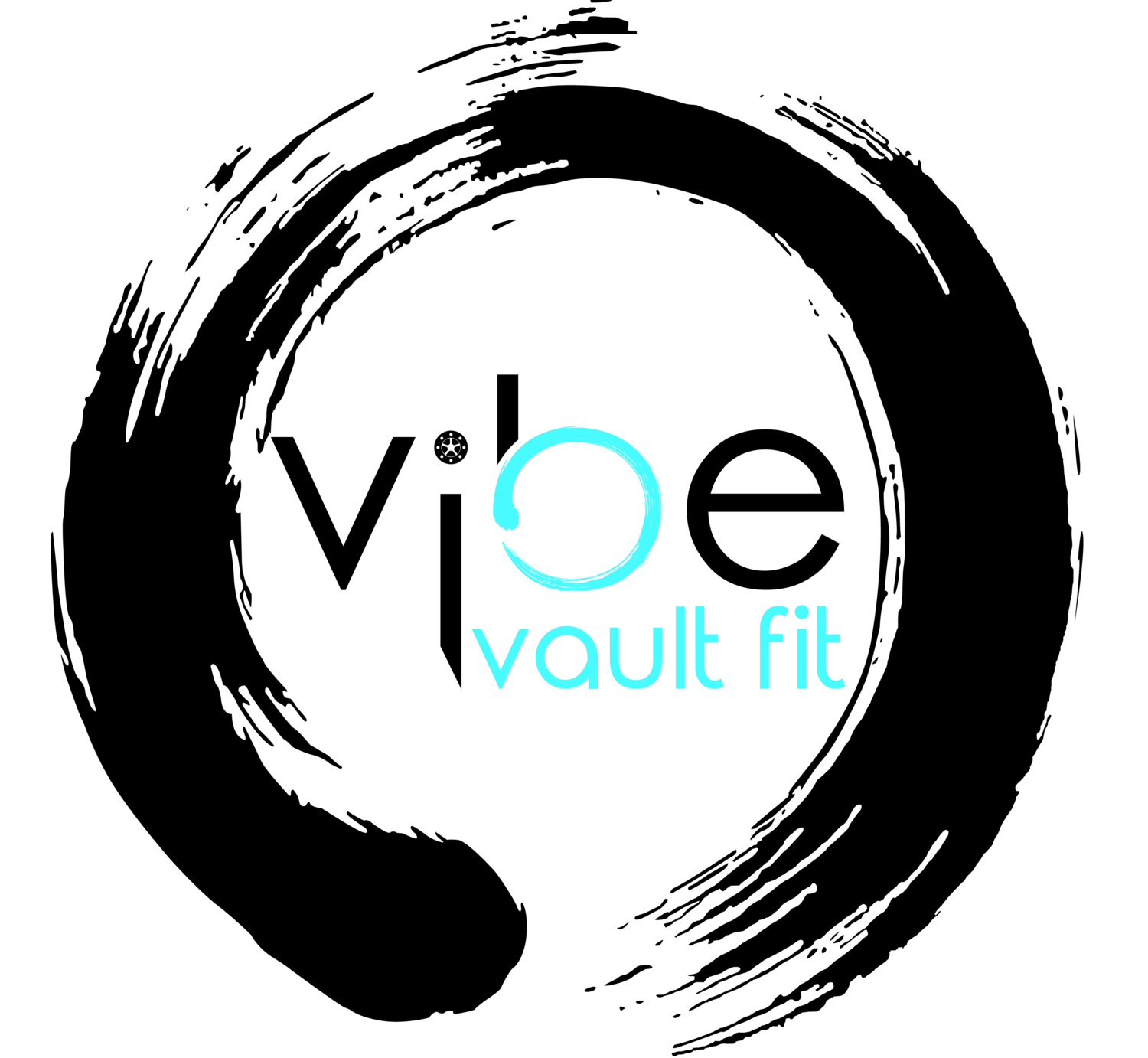The Long-View Mirror
The end of the year is for many a ritual marker to reflect both backwards and then forwards from life so far to the shifts one might want to make in the year ahead.
I do really enjoy the yearly reminder and opportunity to reset (or often renew) intentions for what I might want my life to look like. I was going to write this blog about questions we can ask ourselves to aide in this review process. For example, when reflecting many of us go to questions like: what did and did not go well, what did we learn, what might we want more of, and what might we do differently?
These are still helpful questions, and I invite you to ask them of yourselves if you feel like they will help. As I was discussing my thoughts for the blog with my husband, however, the conversation we had made me decide to change direction. Maybe it was less a change in the direction of the entire blog than a tweak in the ‘frame’ with which to look back. So, it is not the questions per se that needed to change but the frame within which those questions are asked and answered that needed building.
Let me explain; asking yourself what went well or what didn’t go well can have judgement attached to it, it carries the implication of success or failure, right or wrong, and good or bad. Judgement constricts. Judgement feels like an attack on the self and any attack, even from ourselves to ourselves, sends our bodies into flight, flight, freeze. That is never a tenable place from which to realize the flexibility, hopefulness, and expansiveness needed for positive change. Yet isn’t positive change the reason we engage in this whole reflection exercise?
I do believe self-evaluation is an important skill. However, there is a fine line between evaluation and judgement. And it’s the judgment piece that can be problematic.
So, instead of a “judgement frame,” what might be another frame to use in looking back?
Most human beings who have ever experienced any success could look back on their lives and see it was not a straight road; there were likely ups and downs, many “failures”, many iterations, many triumphs, much struggle, and many evolutions of movement between feeling completely beaten to getting up and trying again. A long view of life is marked by constant movement between loss and gain, sadness and joy, times we are happy with ourselves and times we are not. Life is a long game.
What does that mean?
We are never at the end of our story. Not until that final breath. There are steps yet to take, things yet to try, many evolutions and iterations ahead. Given this view, there isn’t a point at which to judge success or failure. The story is not done. We have not yet reached the end. The frame that then becomes most useful is one of problem solving: looking at our life (our behaviors, habits, thoughts, beliefs, emotional patterns, relationships, how we spend our time and attention) in the light of: “who do I want to be and is this (behavior, habit, thought, belief, emotional pattern, relationship, focus) serving me, my goals, and how I want to show up in the world?”
No judgement, no blame, no sense of success or failure, just “is where I am, leading me to where I want to be?” If it is, deepen your commitment and stay on course. If it is not, make some adjustments and see if that works better.
Using this long-view frame, the question of what went well, and what did not go well this past year turns into (Note, some of these questions were inspired by Rick Hansen on the Being Well podcast “How to Become a New Person (12/11/23):
What was hard this year?
How did you cope with that?
What did you draw on from within yourself to cope with that?
Despite the hard, what were you able to accomplish?
What did you draw on from within yourself that helped you get there? How can you leverage those strengths more fully for the future.
Moving forward how do you want to show up in the world? Who do you want to be?
What are some thoughts, beliefs, behaviors, circumstances that get in the way of you showing up in the world in the way you want to? What pieces are you ready to let go of?
What are some thoughts, beliefs, behaviors, circumstances that support you in showing up in the world in the way you want to? How can you lean into that way of being and create more support for it?
The long-view looks at where you are, as a point in time. There is no defeat. Instead, it allows you to explore the thoughts, beliefs, behaviors, habits, and circumstances that might be hurting, and help you consider what you might let go of. As well, looking back becomes an inquiry into the strengths that got you here and how you can leverage them for the future. You become the conscious architect of your own story.
This is my last blog for the year! I hope the frame and questions can be of service to you as you design your year ahead, as much as we as humans possibly can.

